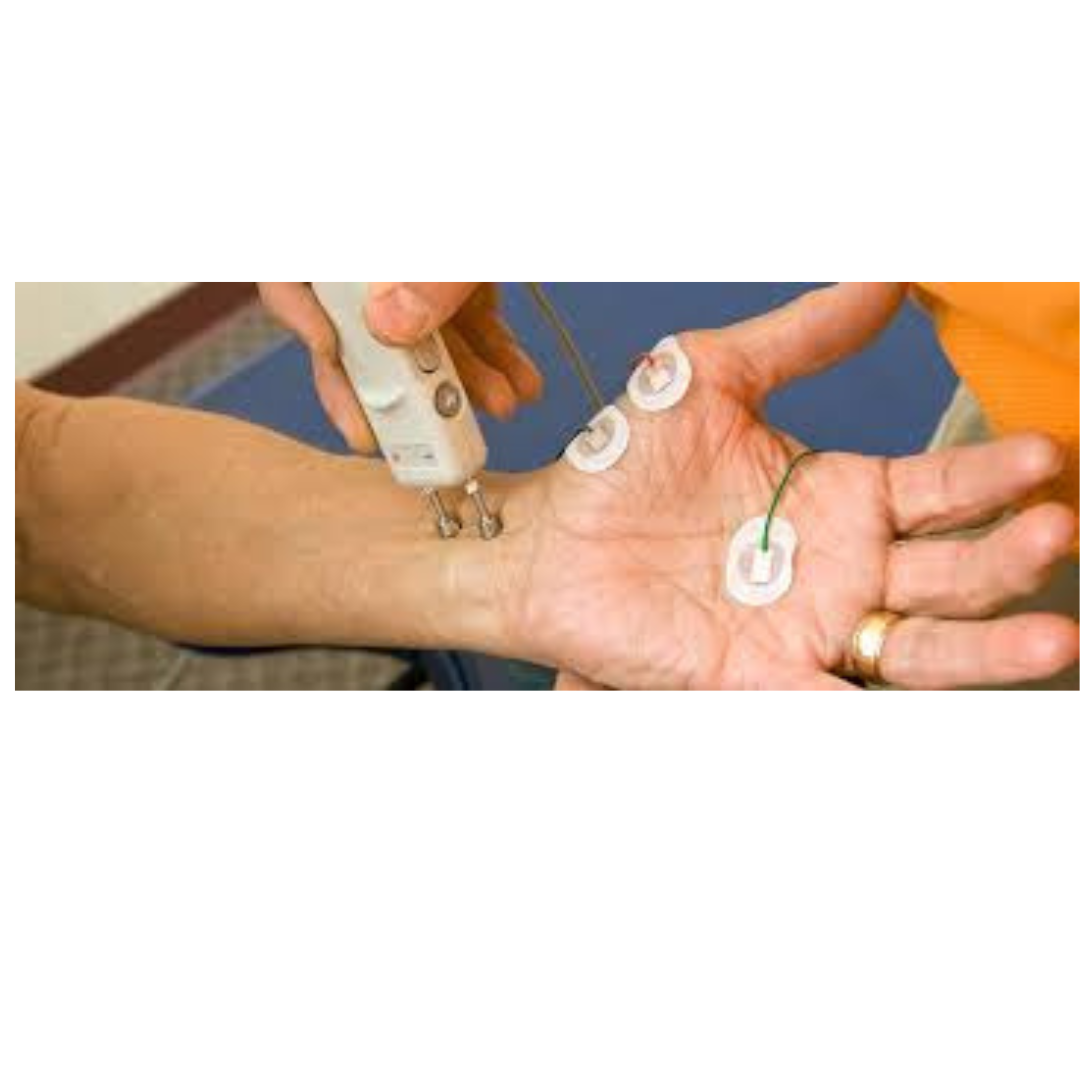NCV Nerve Test in Bangalore: What to Expect, Benefits & How It Works
If you’re experiencing numbness, tingling, or unexplained weakness in your limbs, your doctor might suggest a ncv nerve test in bangalore to assess your nerve function. Understanding nerve health is crucial in diagnosing conditions like neuropathy, carpal tunnel syndrome, and even certain types of muscle disorders.
This article delves into the procedure, purpose, benefits, and practical guidance for undergoing this test in India’s tech capital. Whether you’re preparing for your first diagnostic or just curious, here’s everything you need to know.
What Is an NCV Test?
Understanding Nerve Conduction Velocity
NCV stands for Nerve Conduction Velocity, a diagnostic test that measures the speed and strength of electrical signals traveling through your peripheral nerves. It is often used alongside an EMG (Electromyography) for a comprehensive look into nerve and muscle function.
Why Is It Done?
An NCV test is primarily recommended when there’s suspicion of nerve damage or dysfunction. Some common medical conditions requiring this test include:
- Peripheral neuropathy (often due to diabetes)
- Carpal tunnel syndrome
- Guillain-Barré syndrome
- Herniated discs affecting nerve roots
- Brachial plexus injuries
What Happens During the NCV Procedure?
The Process Step-by-Step
- Preparation: You may be asked to avoid applying lotions or creams before the test. Remove jewelry or metallic objects.
- Electrode Placement: Small electrodes are attached to the skin over the nerves.
- Stimulation: A mild electrical impulse is applied to stimulate the nerve.
- Measurement: The time it takes for the nerve to respond is recorded, giving insight into its condition.
The entire test usually takes between 30 to 60 minutes.
Where to Get the Test in Bangalore
With Bangalore being a medical hub, several advanced diagnostics centres offer this test. A trusted option for an ncv nerve test in bangalore is Ecotown Diagnostics, known for their precision testing, affordable pricing, and patient-friendly environment.
Benefits of Early Nerve Testing
Catch Nerve Problems Before They Escalate
Identifying issues early can prevent long-term damage and improve treatment outcomes. Some advantages include:
- Early detection of underlying conditions
- Better management of chronic diseases like diabetes
- Improved accuracy for neurological diagnosis
- Non-invasive and painless procedure
What Do NCV Test Results Mean?
Interpreting the Findings
- Normal Speed: Indicates healthy nerve function.
- Slowed Conduction: Suggests potential damage, inflammation, or compression.
- No Signal: May indicate severe damage or complete nerve blockage.
Your doctor will interpret the results in context with your symptoms and possibly order further tests.
Preparing for the NCV Test
What Should You Do Beforehand?
- Wear loose, comfortable clothing.
- Inform your doctor if you have a pacemaker or implanted medical devices.
- Stay hydrated and get a good night’s sleep.
Are There Any Side Effects?
Understanding the Risks
An NCV test is considered very safe. Some people may feel slight discomfort or tingling during the electrical stimulation, but it’s generally well-tolerated. No long-term side effects have been associated with the test.
Cost and Accessibility in Bangalore
The cost of the test may vary based on location, facility, and whether it includes an EMG. Typically, it ranges between ₹1,500 to ₹3,500. Diagnostic centres like Ecotown offer transparent pricing and online booking to make the process more convenient for patients.
Who Should Get Tested?
If you experience symptoms such as:
- Tingling or burning in hands or feet
- Muscle weakness
- Numbness in fingers or toes
- Radiating pain in limbs
You should speak with a neurologist about getting this test.
Conclusion
The ncv nerve test in bangalore is a crucial tool for diagnosing nerve-related conditions. It’s safe, fast, and offers invaluable insights into the health of your nervous system. If you’ve been advised to undergo this test, consider choosing a reputed diagnostic center like Ecotown to ensure accuracy and comfort. Don’t ignore your symptoms—early detection can make a significant difference in treatment outcomes.
FAQs
1. What is the difference between NCV and EMG tests?
NCV measures the speed of electrical impulses through nerves, while EMG evaluates muscle response to these impulses. They’re often performed together for a complete analysis.
2. Is the NCV test painful?
No, the test isn’t painful. You may feel a mild tingling or brief shock-like sensation during the procedure, which is generally well-tolerated.
3. How long does the test take?
An NCV test typically takes about 30 to 60 minutes, depending on how many nerves are tested and whether an EMG is also performed.
4. Can I drive after an NCV test?
Yes, you can resume normal activities immediately after the test, including driving, as it doesn’t impair motor skills or alertness.
5. Do I need a referral for this test?
In most cases, yes. A neurologist or general physician usually recommends this test based on your symptoms.
6. What should I wear to the appointment?
Wear loose-fitting clothes to make it easier to place electrodes on your arms or legs. You may be asked to change into a gown depending on the body part being tested.
7. Will the results be available immediately?
The results are usually analyzed by a neurologist and may take a few hours to a couple of days, depending on the diagnostic facility.
8. Can children undergo this test?
Yes, children can safely undergo the NCV test, although they may need more preparation and reassurance due to the sensations involved.
9. Is the test covered by insurance?
Most health insurance plans do cover diagnostic nerve tests, but it’s always a good idea to confirm with your provider beforehand.
10. Are there any alternatives to this test?
While there are other neurological tests like MRI or CT scans, they serve different purposes. NCV is specifically designed to evaluate nerve function directly and is often the most reliable test for that purpose.



